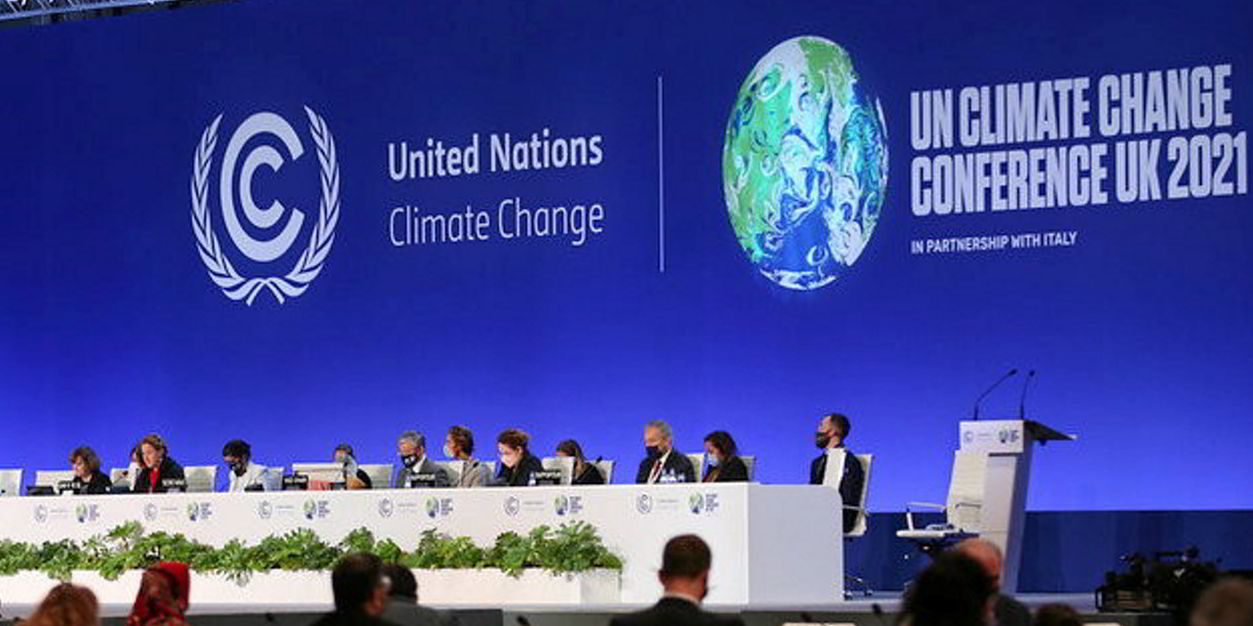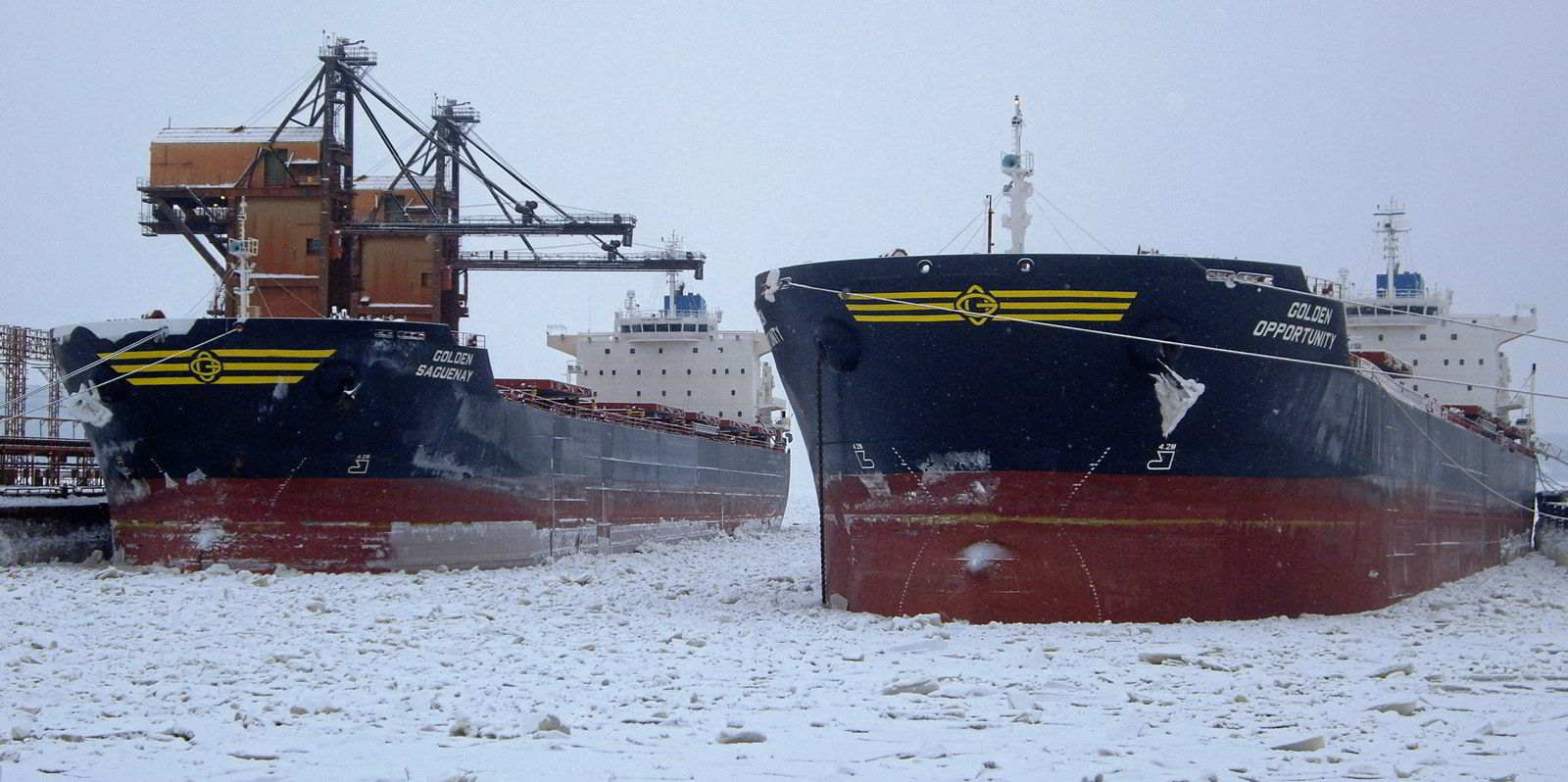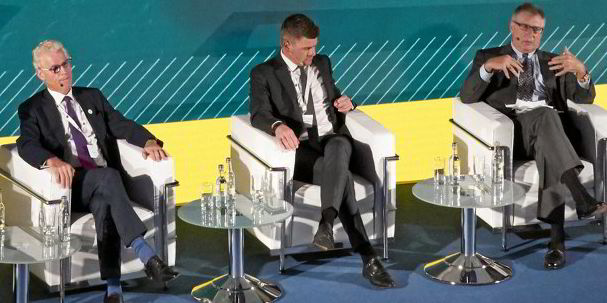A coalition of 19 countries has unveiled the first framework agreement to create green shipping corridors between two or more port pairs at the COP26 climate talks.
Members of the Clydebank Declaration for Clean Shipping Corridors defined the corridors as zero-emission maritime routes, and said the group's mission is "a collective aim to support the establishment of at least six green corridors by the middle of this decade".
The longer-term aim is to scale up activity and have more and longer routes in operation by 2030 — plus more ships on those routes.
Signatories to the declaration include Australia, Belgium, Canada, Chile, Costa Rica, Denmark, France, Germany, Japan, the Marshall Islands, Norway, Sweden, the US and UK.
They said the coalition has been formed by ambitious governments that intend to act together to demonstrate that maritime decarbonisation is possible.
Signatories will identify relevant willing ports and operators along supply value chains to decarbonise specific shared shipping routes.
"By building out zero-emission maritime 'corridors', major trade partners can catalyse land-side investments needed in clean energy and zero-emission electrofuel infrastructure at ports," the group said.
The corridors would enable governments to incentivise participants, while initially not requiring that all vessels on a specific route be zero-emission — although that could be a later aim.
US environmental groups Ocean Conservancy and Pacific Environment said they were pleased to see that the Clydebank group had agreed to define green shipping corridors as "zero-emission maritime routes", as this was not a given concept when the plan was being negotiated.
Earlier this year, the groups released a report, detailing how the Biden administration in the US could address climate change by eliminating emissions from shipping in the next 15 years. The report included the idea of green corridors — specifically across the Pacific — as a key recommendation.
Madeline Rose, climate campaign director at Pacific Environment, thanked the UK and first-mover nations for leading the initiative, but warned: "The Clydebank framework leaves room for delay tactics and fossil fuel loopholes.
"We urge partner countries and ports to act quickly to set immediate, interim and ultimately mandatory benchmarks to phase out all fossil fuel ship pollution along their shared corridors."





